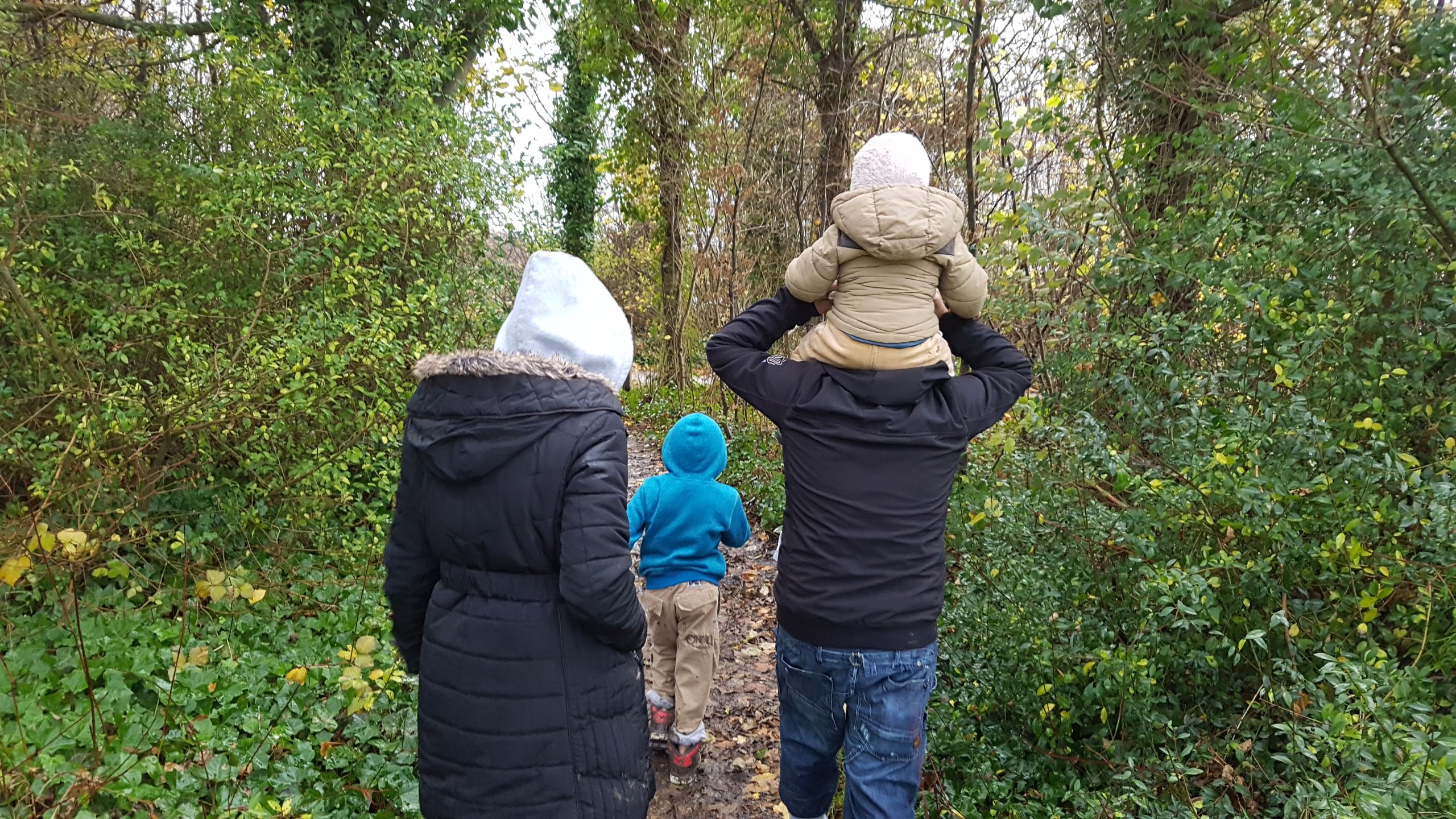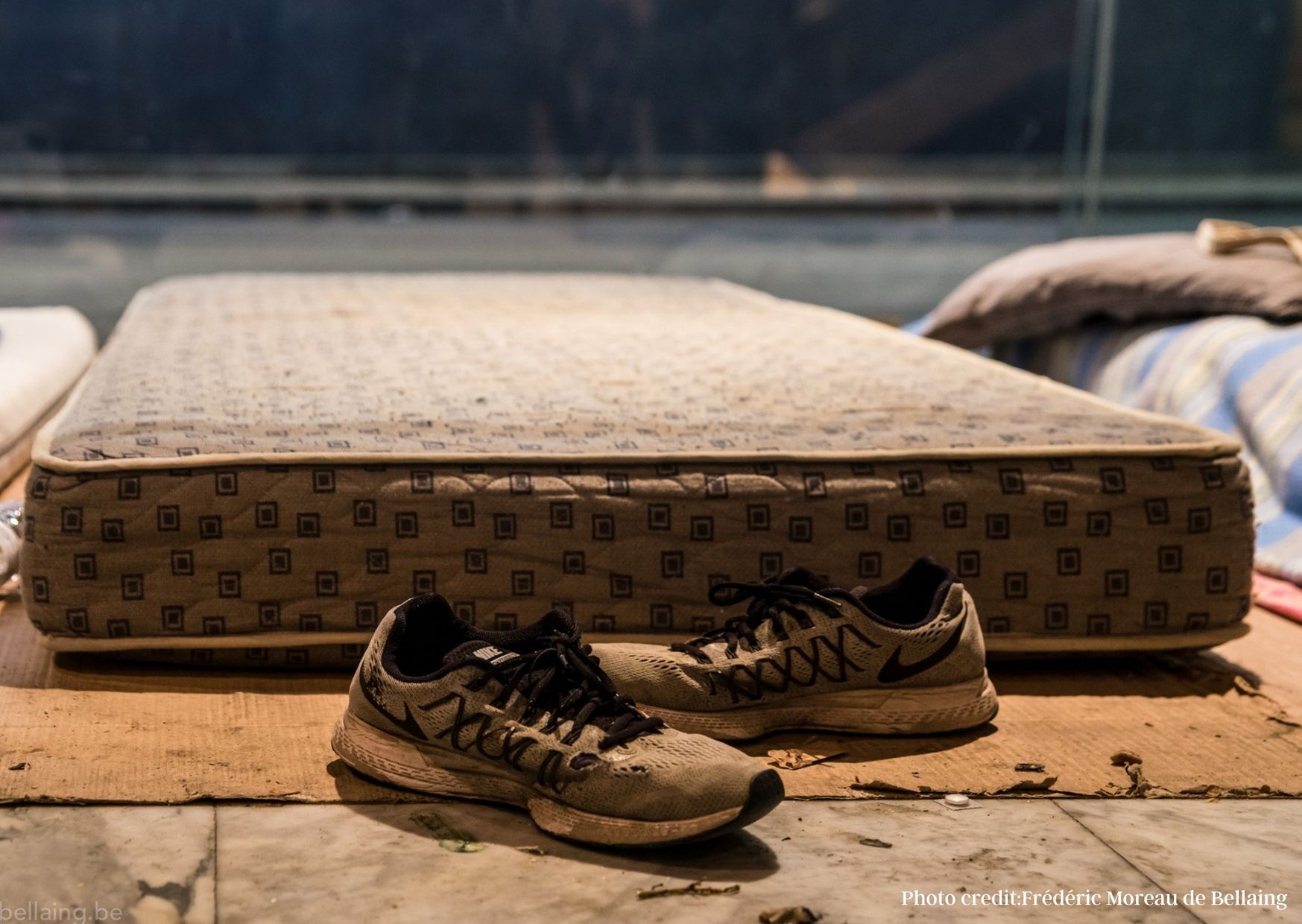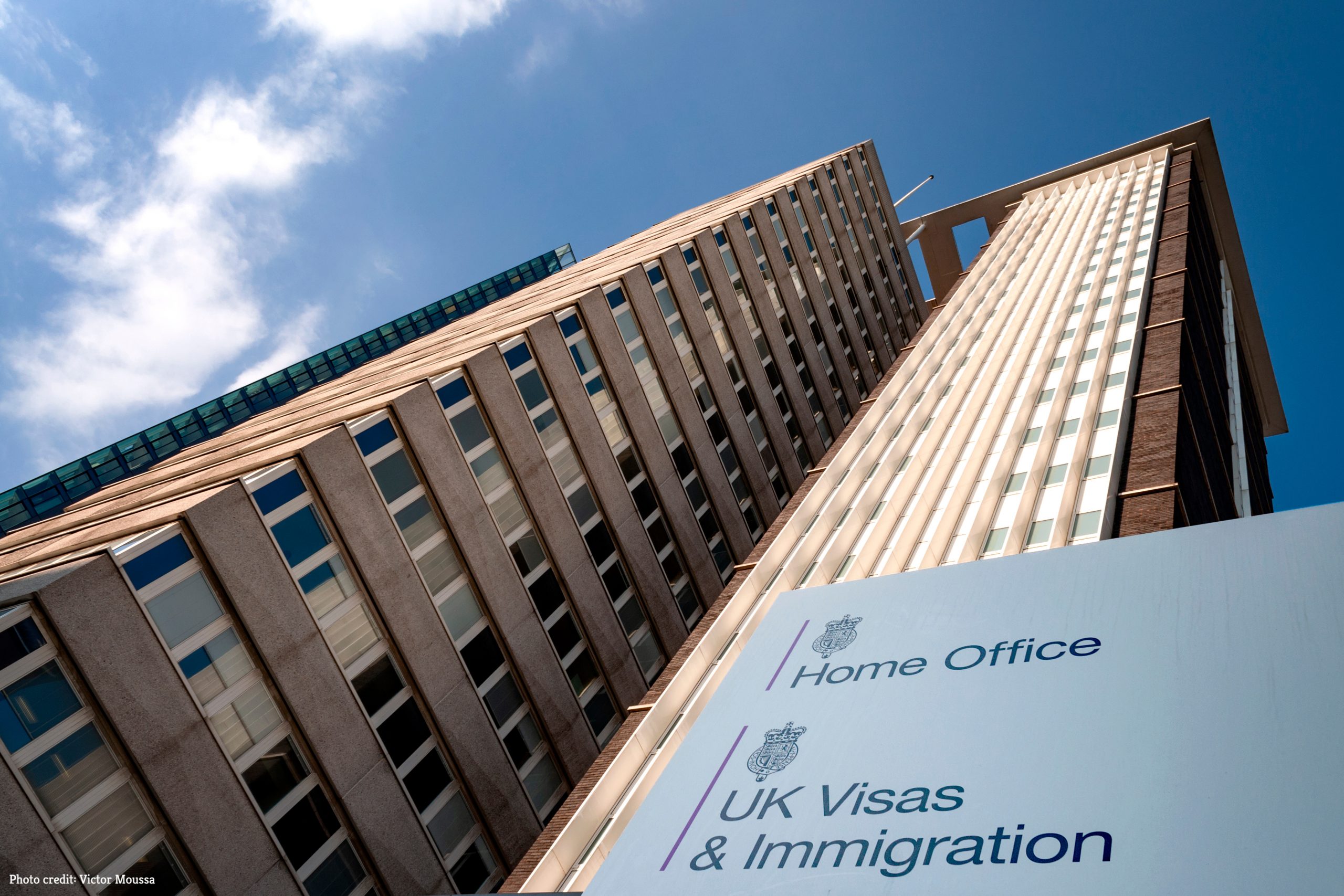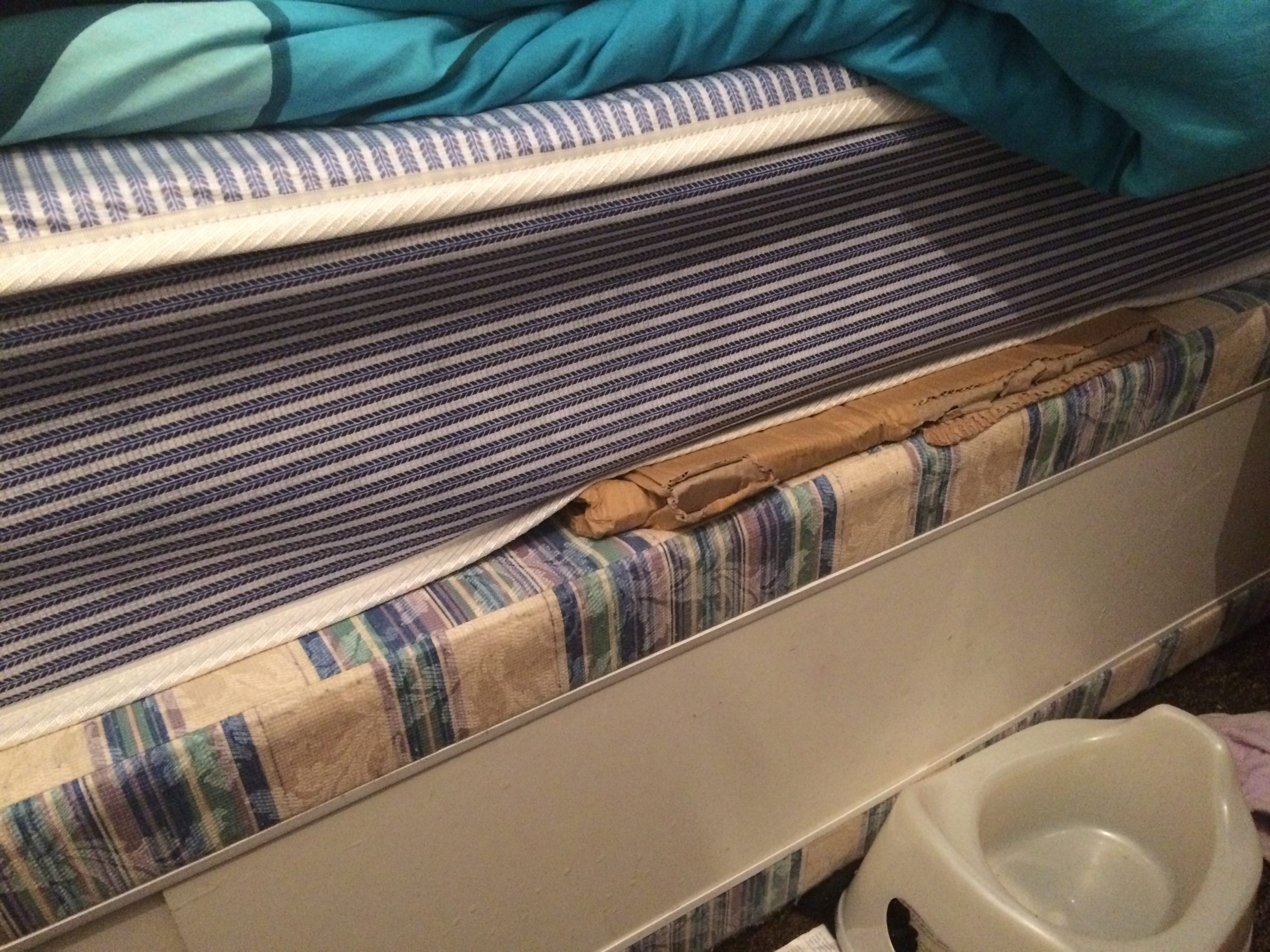Spotlight in the European Parliament on displaced women and girls
Today, MEPs and other experts gather in the European Parliament to discuss the situation of undocumented women in displacement in northern France, in a high-level roundtable meeting hosted by Jackie Jones MEP, Claude Moraes MEP and Refugee Rights Europe. The meeting participants include diverse actors joining together to seek collective actions that could be taken in solidarity with the women and girls.
Like most displaced people in northern France, women and girls typically come to the area with the hope of eventually reaching the UK to claim asylum. Reasons for seeking to reach the UK include family and community links, pre-existing language skills and for some, the perceived lower likelihood of being removed under the Dublin Regulation.
Women and girls in the area face a high risk of exploitation, abuse and untreated health concerns. Their safety and security are constantly compromised and there is a huge gap for state and non-state actors to fill if the rights of women and girls are to be upheld, in line with European standards and obligations.
In search for safety from hardship, violence and abuse
Women and girls have been present in makeshift settlements along the northern French coastline since the early 2000s. Some travel alone, whilst others travel with children and/or partners. Many of the women in the Grande-Synthe area have left countries such as Iran, Iraq and Kuwait due to political repression and instability, economic hardship or so-called ‘honour’-based violence and domestic abuse.
In Calais, there are women and girls from countries like Eritrea or Ethiopia, who have travelled alone from their country of origin, often fleeing indefinite military conscription or female genital mutilation or cutting (FGM/C). Most of the women travelling from African countries arrive through Libya to Italy, typically having experienced wide-ranging forms of abuse and hardship along the journey.
Often invisible, women and girls face gender-based violence in France
Women and girls travelling alone face great risks of different forms of sexual violence, harassment and rape. They are reported to regularly disappear from camps and informal settlements. Organisations operating on the ground suspect that many are housed in private accommodation by smuggler networks for the purposes of sexual exploitation, forced prostitution or sex work.
Some single women, therefore, partner up with single men and present themselves as a couple as a ‘protection’ measure for the woman, who feels at risk from smugglers or other men around them. Tragically, these situations often result in exploitation or violence too.
Meanwhile, women experiencing sexual and gender-based violence have little recourse to state support. Even when women and girls have reported violence to the police, safe accommodation has not always been offered and the report has not triggered a full investigation into the incident.
Lack of services and support structures
Single women generally have a shortage of money when arriving in France, and are likely to end up in situations of debt bondage. When these women have come to the attention of organisations such as the Refugee Women’s Centre through alerts from the police or the hospitals, it is clear that there have been no meaningful follow-up or safety measures put in place by the authorities.
The lack of access to appropriate medical care, including sexual and reproductive health services, is particularly concerning in light of the high risk of sexual and gender-based violence that women face in the area. Whilst there is a hospital service for undocumented people in both Calais and Dunkirk, the hours are limited and interpreters are not always present. Some hospitals in the region have attempted to deny access to free pregnancy termination for undocumented women.
Read more about the situation here.
Jackie Jones MEP said: “I am delighted to co-host this high-level roundtable meeting today, bringing together experts and practitioners in the European Parliament, and encouraging constructive conversation about how we can bring about much-needed change. Women and girls in northern France have been overlooked for far too long, and it is time for meaningful change.”
Claude Moraes MEP said: “It is unacceptable that women and girls are subjected to sexual violence and exploitation right on our doorstep. I am proud to lend my support to the fantastic organisations operating on the ground to safeguard this vulnerable group, but much more needs to be done by European states to find sustainable solutions to such horrific situations unfolding across Europe.”
Marta Welander, Executive Director of Refugee Rights Europe, said: “There needs to be a concerted and cross-sectoral effort to support women and girls seeking safety in Europe. A good place to start would be to provide safe and undisrupted access to shelter for women and girls, irrespective of immigration status. Beyond that, there is a need for sexual and reproductive health services, safeguarding mechanisms and social workers accompanied by interpreters.”
Media contacts
Marta Welander, Executive Director
E: Marta.Welander@refugeerights.org.uk
M: +447880230979




